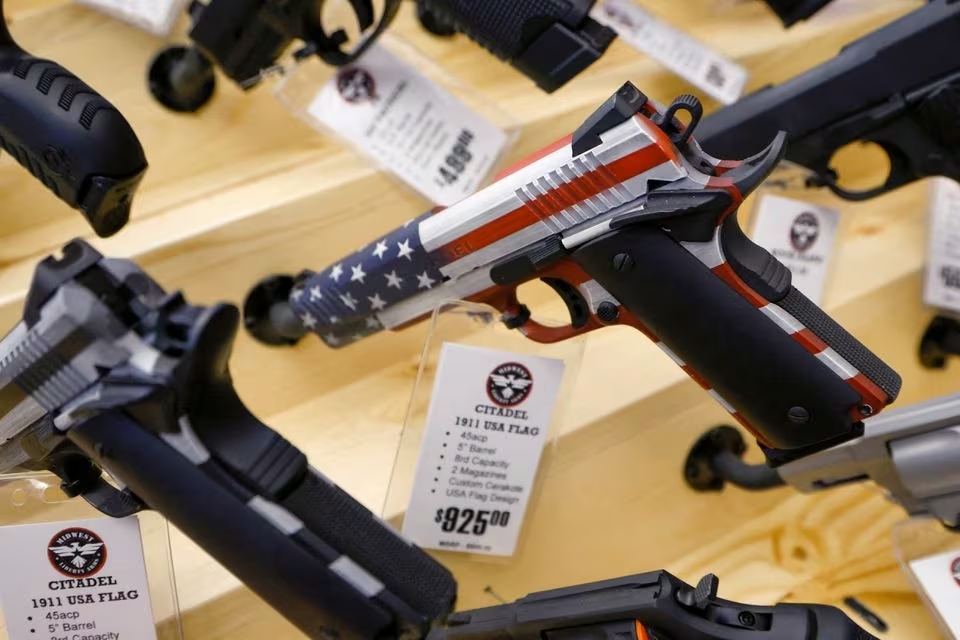In a groundbreaking decision, the 3rd U.S. Circuit Court of Appeals in Philadelphia ruled on Thursday against Pennsylvania’s laws prohibiting 18- to 20-year-olds from carrying firearms during a state of emergency. This ruling aligns with the recent expansion of gun rights under the U.S. Constitution’s Second Amendment following a critical U.S. Supreme Court decision. The appeals court’s decision reflects a significant shift in the interpretation of gun laws and has stirred a national conversation about the rights of young adults and public safety.
Details of the Ruling
The 2-1 decision by the federal appeals court deemed the state’s restrictions unconstitutional. This decision is influenced heavily by the U.S. Supreme Court’s June 2022 ruling in New York State Rifle & Pistol Association v. Bruen. In that landmark case, the Court established that the Second Amendment protects individuals’ right to carry handguns publicly for self-defence. Additionally, it introduced a new benchmark for evaluating firearms laws, emphasizing compatibility with the historical tradition of firearm regulation.
U.S. Circuit Judge Kent Jordan, who authored the majority opinion, emphasized that the Second Amendment’s reference to “the people” presumptively includes all adult Americans, notably those between 18 and 20 years. He highlighted the need for more founding-era laws disarming this age group. His opinion found support from U.S. Circuit Judge D. Brooks Smith, another appointee of former Republican President George W. Bush.
In contrast, U.S. Circuit Judge L. Felipe Restrepo, appointed by former Democratic President Barack Obama, expressed dissent. He argued that the public did not perceive the Second Amendment as extending to individuals under 21 during the Founding era.
Implications and Responses
This ruling represents a triumph for the Second Amendment Foundation and Firearms Policy Coalition, gun rights groups that, along with young Pennsylvanians, filed a lawsuit in 2020 challenging the state’s age restrictions. The decision potentially paves the way for similar legal challenges in other states and raises questions about the balance between constitutional rights and public safety.
Pennsylvania Attorney General Michelle Henry, a Democrat, defended the state’s laws in court but did not immediately respond to requests for comment. The ruling particularly impacts Pennsylvania’s law requiring individuals to be at least 21 to apply for a concealed firearms license. While individuals could typically carry guns openly without a license, the state’s emergency statute restricted this right unless they had a permit or met other exceptions.
The decision of the 3rd U.S. Circuit Court of Appeals is a pivotal moment in the ongoing debate over gun rights and public safety in the United States. It underscores the evolving legal landscape surrounding the Second Amendment and its application, particularly among young adults. As the nation grapples with this ruling, the conversation around gun control and constitutional freedoms continues to intensify, signalling potential shifts in future firearm regulations.























+ There are no comments
Add yours